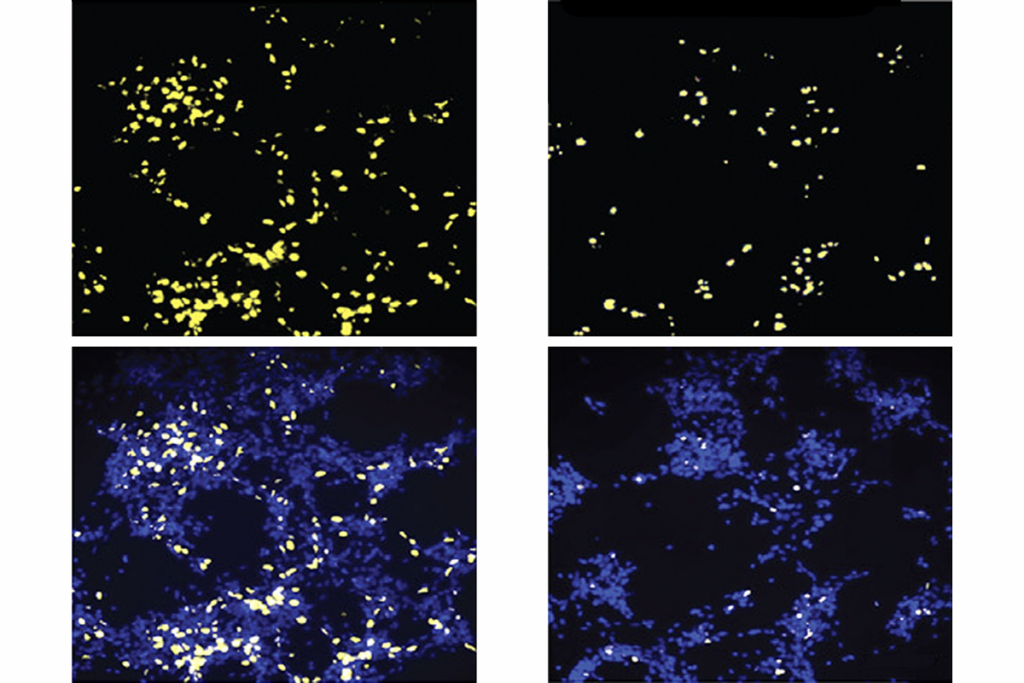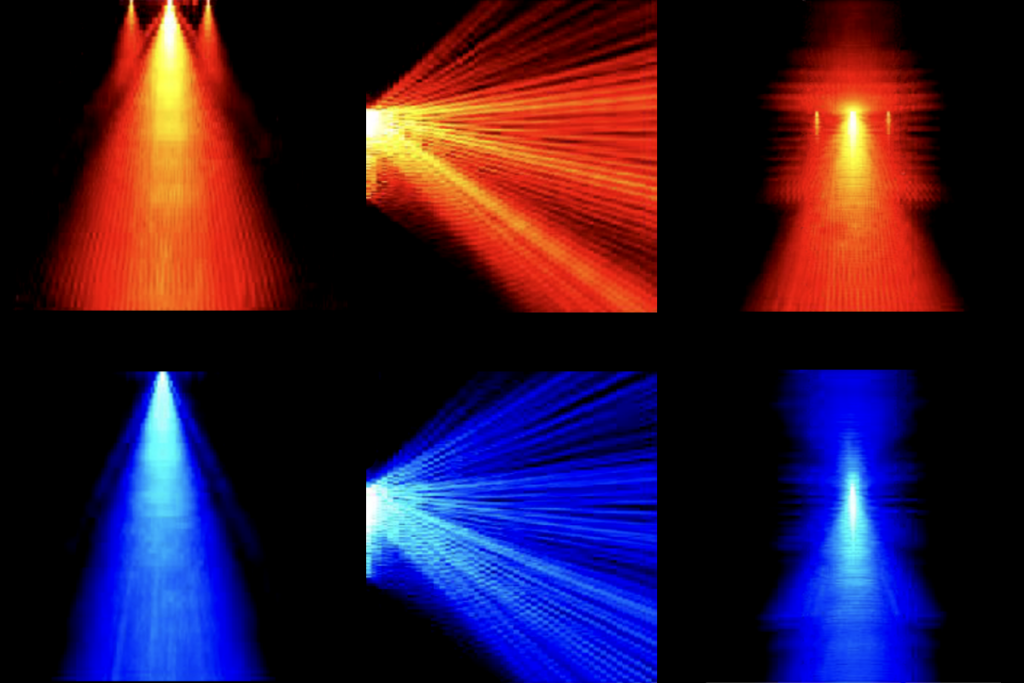
anyaivanova / istockphoto
U.S. tax bill’s stance on graduate education rattles researchers
The tax reform bill passed by the U.S. House of Representatives dramatically boosts the amount of money graduate students would have to pay in taxes.
Editor’s Note
This week, Congress passed a final version of the tax reform bill, which does not include a tax on graduate students’ tuition waivers. The legislation also no longer revokes the allowance for students to deduct the interest on their loans from their taxes. This updates the article below, which was originally published on 22 November 2017.
Scientists and administrators are up in arms about the tax reform bill passed by the U.S. House of Representatives on 16 November. A provision in the bill dramatically boosts the amount of money graduate students would have to pay in taxes.
The move could effectively make academic research an unaffordable career path for many students.
“If this tax plan is enacted, we will see many current Ph.D. students drop out and many prospective Ph.D. students reevaluate their options,” says Claus Wilke, professor of integrative biology at the University of Texas at Austin. Wilke supervises four graduate students and has been vocal about his objections to the provision on Twitter.
Most graduate students in the sciences do not pay tuition. Instead, universities waive their tuition and pay them an annual stipend in exchange for teaching and conducting research. The stipends vary, but they are generally between $20,000 and $35,000. Students pay income tax on only the stipend; Section 1204 of the House tax reform bill redefines the tuition waivers as taxable income too.
Roughly 145,000 graduate students received tuition waivers in the 2011-2012 academic year, according to the American Council on Education, a nonprofit organization that advocates for federal policy supporting higher education. Close to 60 percent of the students are in science, technology, engineering or math (STEM), according to the organization.
But the money from the tuition waiver never passes through students’ hands, so counting it as income doesn’t make sense, says Abigail Novick Hoskin, a neuroscience graduate student in the labs of Jonathan Cohen and Kenneth Norman at Princeton University. “It’s not like we [get] that money and choose to spend it on tuition,” she says.
At private universities such as Princeton, where tuition is about $50,000 per year and a typical stipend is $34,000, the new accounting would tax the total of $84,000, instead of just the stipend, as income. A graduate student would pay about $14,000 in federal taxes on this new total instead of the roughly $3,000 owed under current law.
“It’s just ridiculous,” says Madeline Williams, a graduate student in Emanuel DiCicco-Bloom’s lab at Rutgers University in New Brunswick, New Jersey. “It would significantly lower how much money [we] make, so it would make it really difficult to keep going.”
‘Anti-university’ bill:
In addition to taxing tuition waivers, the bill revokes students’ ability to deduct the interest on their student loans from their taxes. It also eliminates a tax credit — a set amount that students can subtract from their taxes. And it eliminates the tuition discounts that universities often offer employees and their families.
The bill is “very anti-university,” says Samantha Hernandez, legislative director of the National Association of Graduate-Professional Students. The financial burden would hit low-income and minority students especially hard, she adds, because they often lack the family financial support that could help cover the difference for students from more affluent families.
“The communities that are going to be most affected by this are the communities that are not always well included to begin with,” she says.
The tax hike would be smaller for students at state universities, where tuition is lower, and larger for international students, whose tuition is generally higher. Not all universities would be affected. For example, Cornell University in Ithaca, New York, classifies tuition aid as scholarships, which would remain untaxed.
Since the bill was introduced on 2 November, many universities have sent mass emails to students and faculty, asking them to call on their Congressional representatives to advocate against the tuition waiver provision. A public letter signed on 14 November by 45 scientific societies, including the American Association for the Advancement of Science and the Society for Neuroscience, argues that the provision would hobble innovation in science and technology.
“Repealing the very provisions that allow graduate students to continue to study in critical STEM fields means that we will be shutting the door on new opportunities for discovery, exploration and innovation,” the letter states.
The Senate is expected to vote on its own draft of the tax reform bill, which does not contain these provisions, the week of 27 November. The two versions of the bill must be reconciled before the final law would take effect in 2018.
Recommended reading

Documenting decades of autism prevalence; and more

Expediting clinical trials for profound autism: Q&A with Matthew State
Explore more from The Transmitter

‘Perturb and record’ optogenetics probe aims precision spotlight at brain structures


